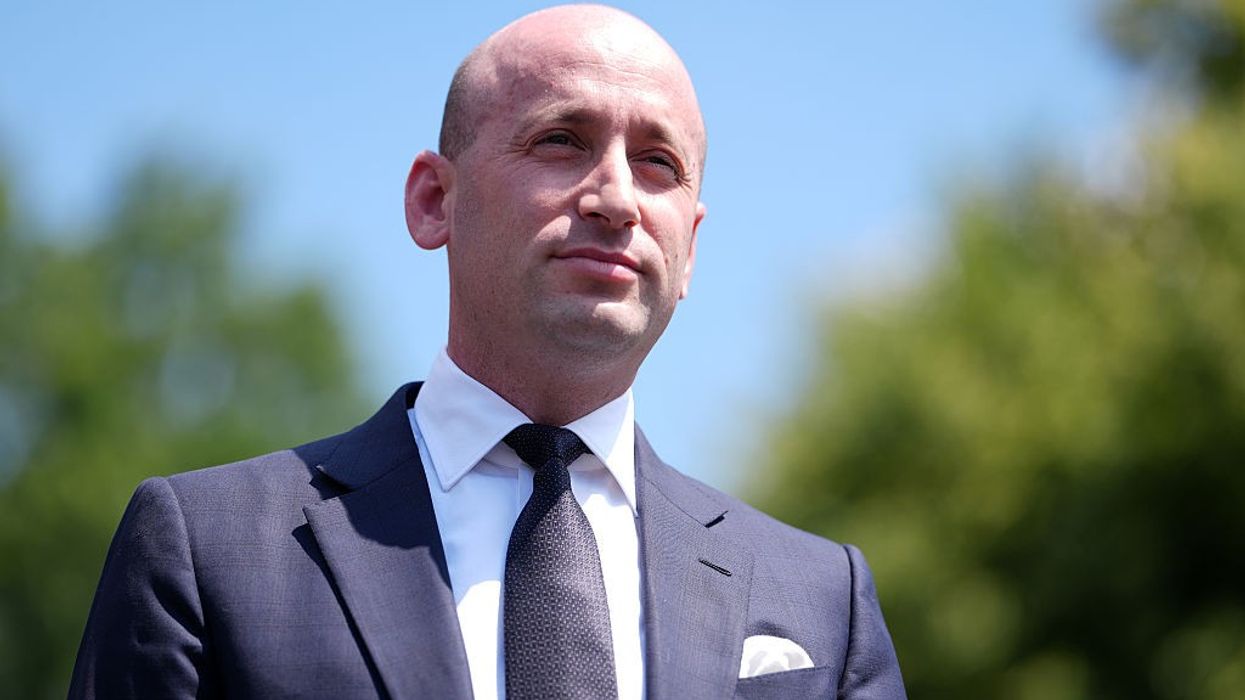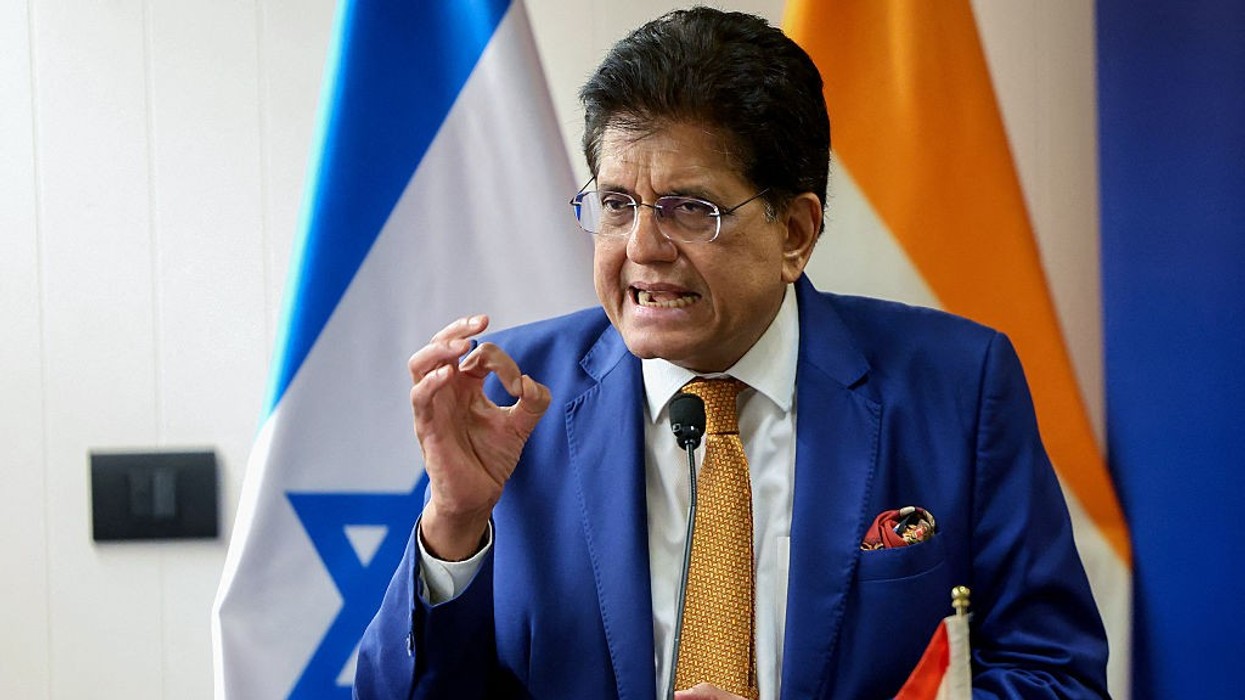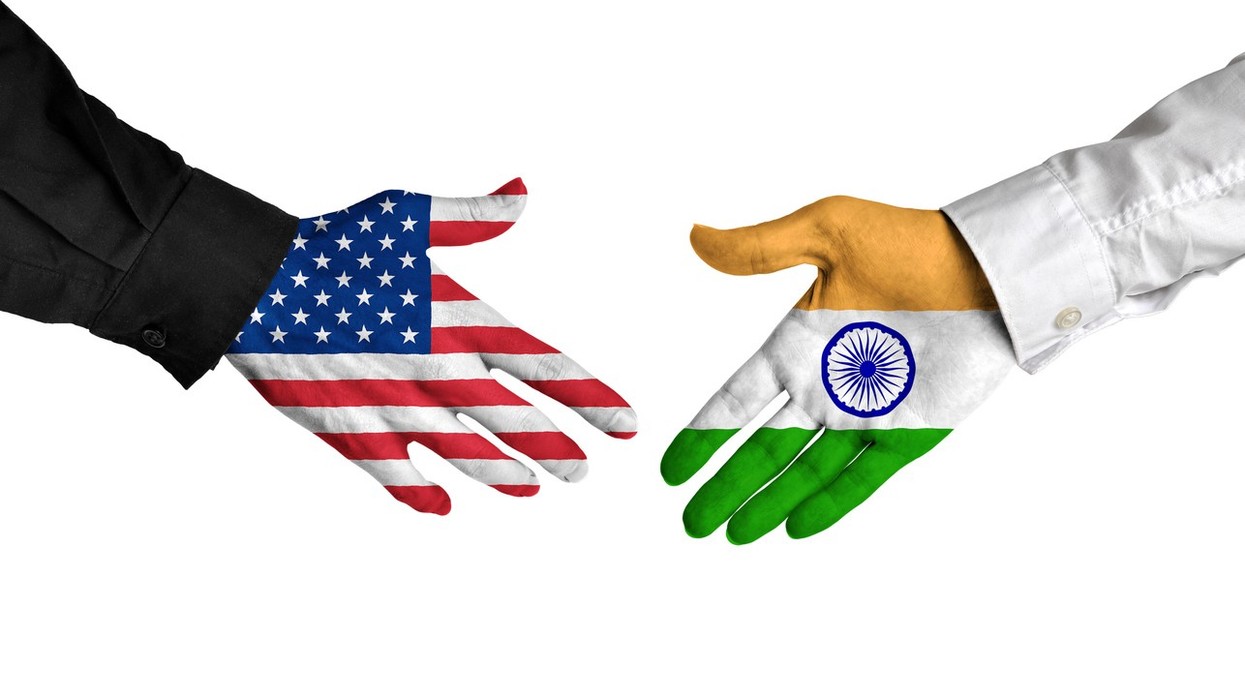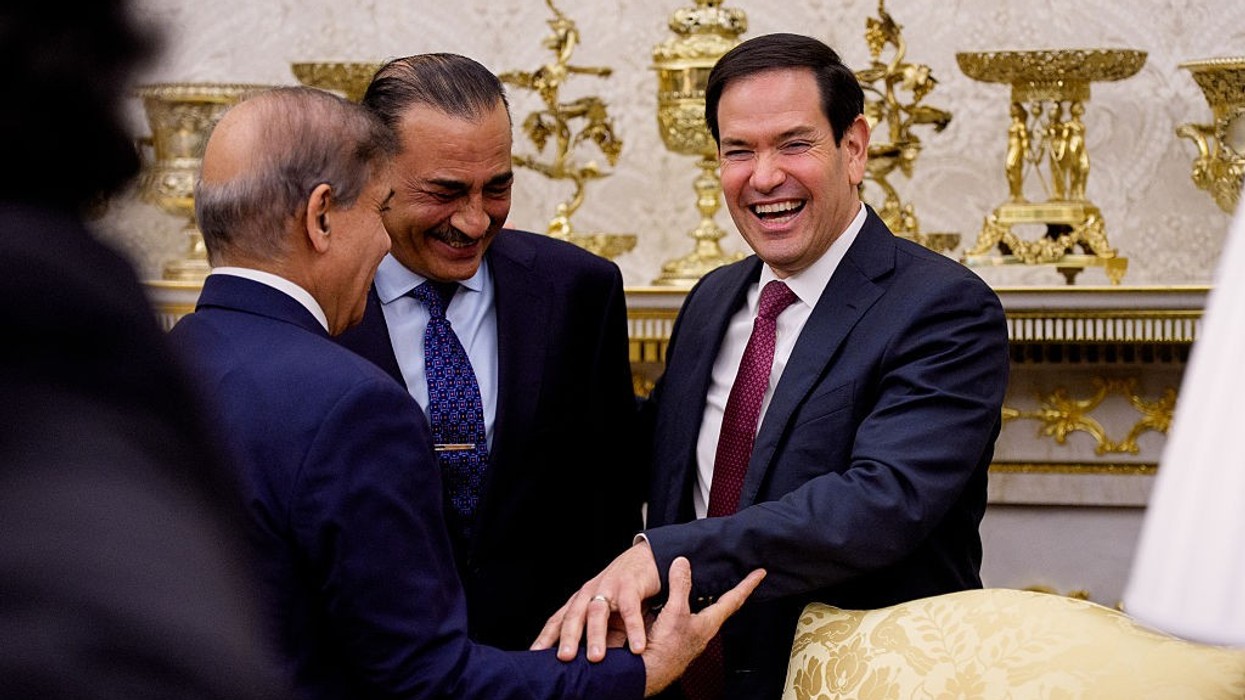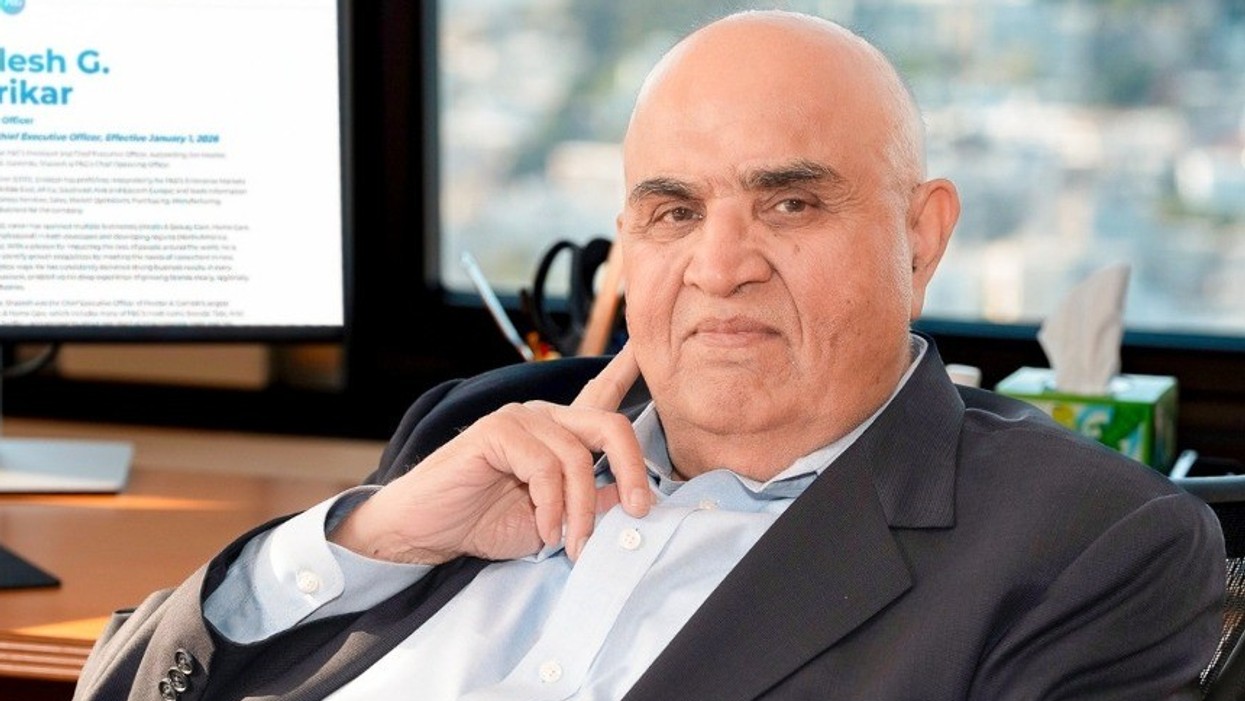A senior figure in the Trump administration, Stephen Miller, who serves as Deputy Chief of Staff at the White House, accused India of “effectively financing” Russia’s war in Ukraine by continuing to purchase oil from Moscow.
Speaking to Fox News, Miller emphasized the Trump administration’s mounting frustration with India’s approach and highlighted that India’s energy transactions are on par with China’s, whose own extensive purchases from Russia have drawn wide criticism in the West. Miller’s pointed remarks represent one of the most direct and forceful rebukes from Washington towards New Delhi, despite India’s growing importance in the US Indo-Pacific strategy.
Tariff threats, penalties, and escalating pressure
The critique comes amid increasing economic pressure from the United States. On July 30, President Trump imposed a 25% tariff on Indian exports and warned of heavier penalties linked specifically to India’s purchases of Russian oil and arms. In the aftermath, Trump further escalated tensions by describing the Indian and Russian economies as “dead” and bluntly declaring that he “does not care” about how India manages its ties with Russia.
He stated publicly that he would consider imposing up to 100 per cent tariffs on any country, including India, that continues to import oil from Russia unless Moscow moves toward ending the Ukraine conflict.
India’s defiant stand: Strategic autonomy over external pressure
The Indian government has responded assertively, rejecting any external dictate regarding its energy policies. India’s Ministry of External Affairs spokesperson, Randhir Jaiswal, underlined that India’s diplomatic relationships “stand on their own merit and should not be viewed through the prism of a third country.”
Jaiswal further clarified that India is committed to securing its energy needs based on what is available in international markets, and reiterated the “steady and time-tested partnership” with Russia.
Indian government sources confirmed to Reuters that New Delhi will maintain its strategy of purchasing Russian oil, undeterred by US threats. Prime Minister Narendra Modi echoed this stance publicly, emphasizing India’s right to make independent decisions in light of global instability, and reiterating his government’s “India-first” approach. “Whatever we buy, there should be only one scale: we will buy those things which have been made by the sweat of an Indian,” Modi declared at a recent rally.
Balancing relations: Diplomatic nuance amid economic coercion
While Miller’s criticism was sharp, he notably balanced his remarks by praising the Trump-Modi relationship as “tremendous.” This duality captures the current state of US-India ties: robust on the strategic and personal level, but increasingly strained by conflicting positions on Russia and global sanctions.
Analysts note that the US is seeking to test the limits of India’s balancing act—where New Delhi strives to deepen ties with Washington, while persisting with its historic partnership with Moscow for energy and defense.
The pressure campaign is intended to force India, a key US partner in counterbalancing China, to cut back on Russian oil purchases and align closer with Western sanctions on Moscow.
However, India’s blunt refusal to cede ground marks a clear assertion of its strategic autonomy. With trade tariffs as high as 100 per cent also hanging in the balance, the coming months will test the resilience of India-US relations and India’s commitment to maintaining its independent foreign policy amid a shifting global landscape.
